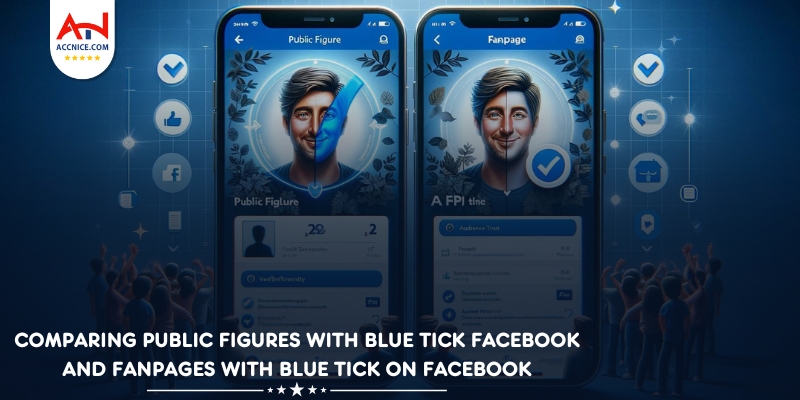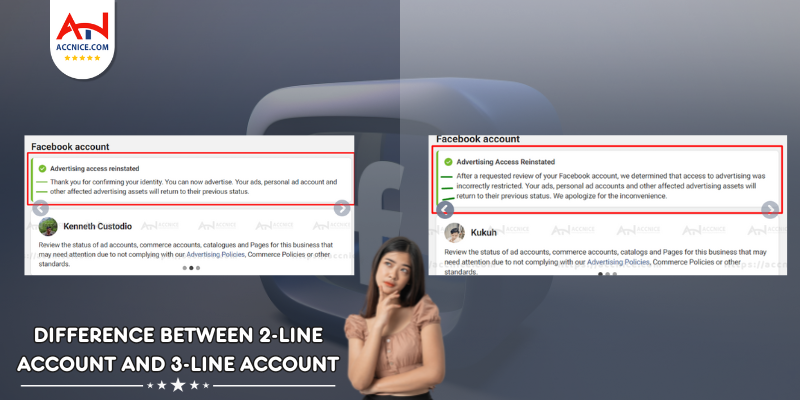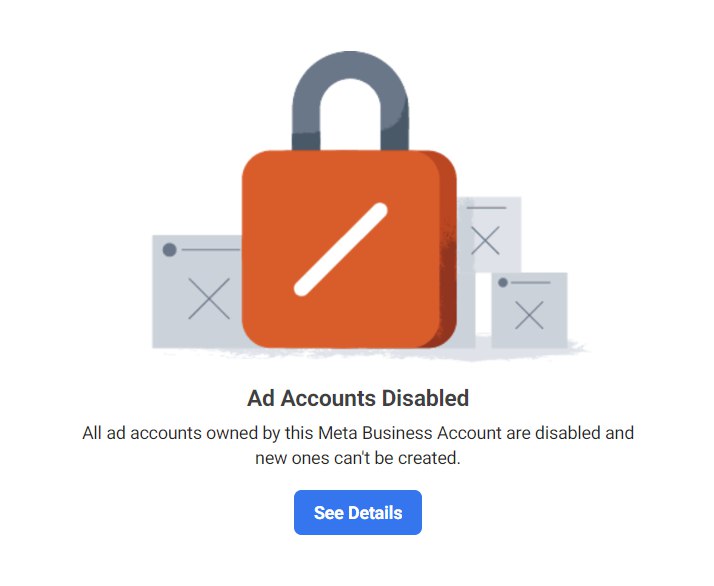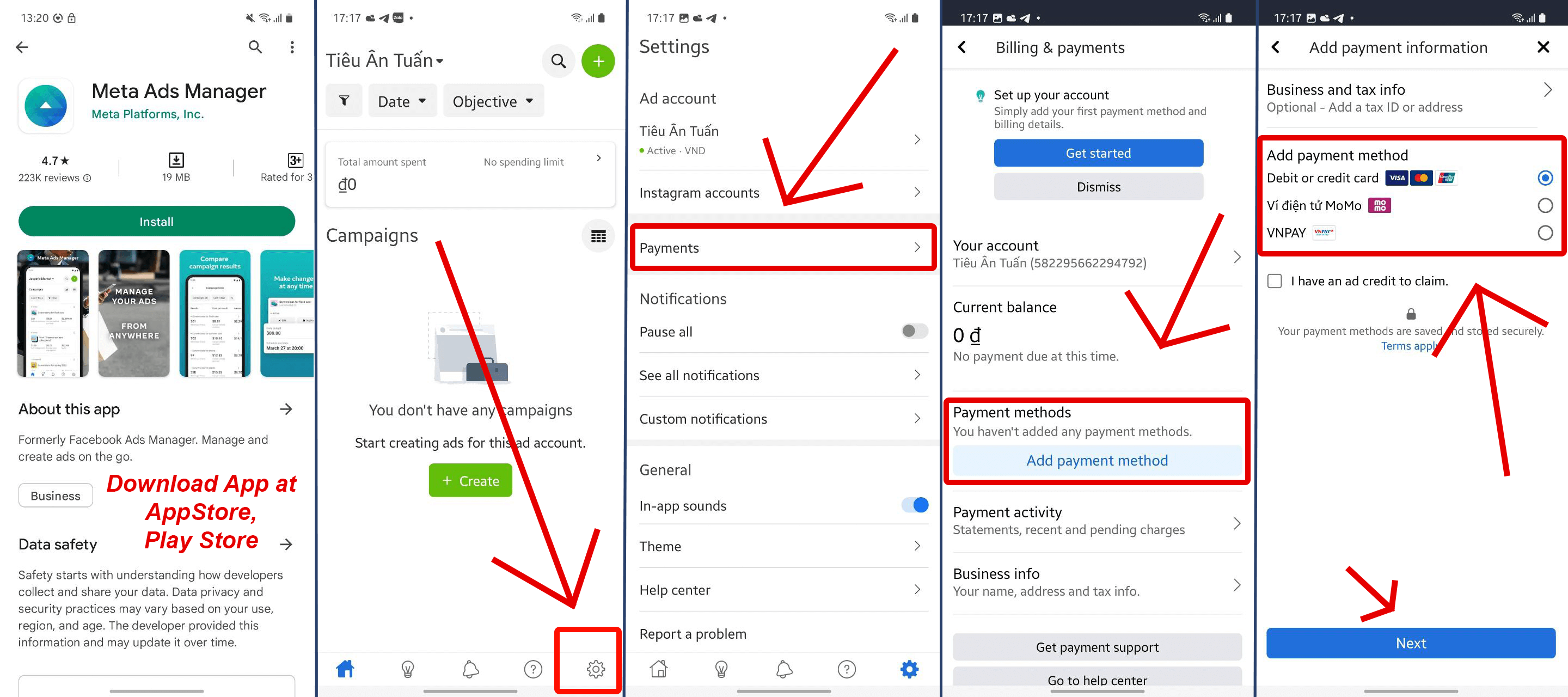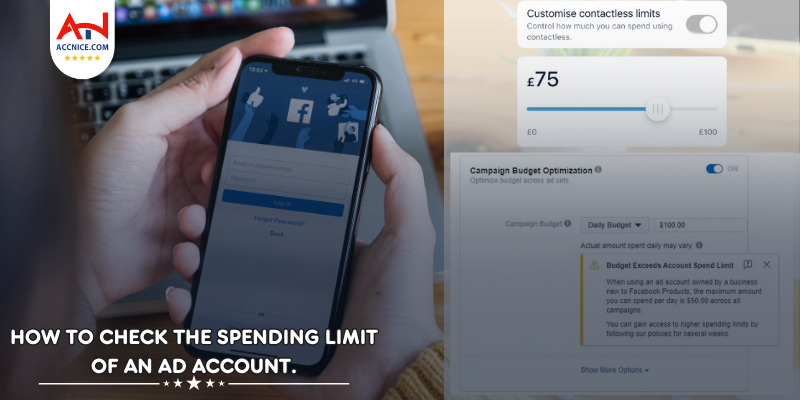Privacy Concerns with Facebook and WhatsApp Integration
185 vỉew
Writing date: 2024-04-29 15:02:14

In recent years, the integration of WhatsApp with Facebook has raised significant concerns about user privacy around the world. Accnice writes this article delving into the implications of data sharing between these two platforms, especially in relation to WhatsApp's updated privacy policy, which has sparked widespread debate and scrutiny cobble.
Understanding the Integration of WhatsApp and Facebook
The integration of WhatsApp and Facebook has been a topic of significant interest and concern since Facebook acquired WhatsApp in 2014. This move was part of a broader strategy to enhance connectivity across Facebook's various platforms, which also include Instagram and Messenger. Here’s a deeper look at what this integration involves, its potential benefits, and the privacy concerns it raises:

1, Background of the Integration
Strategic Acquisition
- Purpose: Facebook's acquisition of WhatsApp was aimed at leveraging WhatsApp’s massive user base to enhance its own messaging services and integrate user experiences across its platforms.
- Data Sharing Initiatives: Initially, WhatsApp was promised to remain independent and secure with strong privacy protections. However, over time, plans to integrate the services have included proposals for shared user data to enhance business strategies and advertising models.
2, What Does the Integration Entail?
a, Data Sharing
- Shared Information: The integration allows for the sharing of user data such as phone numbers, interaction data, device information, and other metadata. This information helps Facebook optimize its services and tailor advertising more effectively across its platforms.
- Usage Patterns: By analyzing how people use WhatsApp and Facebook, the company can improve product offerings and user interface designs to better meet user needs.
b, Operational Synergies
- Cross-Platform Messaging: One of the integration’s goals is to enable messaging across Facebook’s platforms, allowing users on Facebook, WhatsApp, and Instagram to message each other seamlessly.
- Unified Infrastructure: This could potentially mean a unified backend infrastructure that makes maintenance and development more efficient but raises concerns about data mingling.
3, Benefits of Integration
a, Enhanced User Experience
- Convenience: Users benefit from being able to interact across platforms without switching apps, which can simplify communication.
- Improved Services: Integrating user data can help Facebook optimize algorithms for news feed personalization and friend suggestions, enhancing the overall platform experience.
b, Business Opportunities
- Targeted Advertising: With access to more comprehensive data, businesses can target their advertisements more effectively, potentially increasing their return on investment.
- Customer Insights: Businesses using Facebook’s advertising tools can gain deeper insights into customer behavior and preferences, which can inform more effective marketing strategies.
4, Privacy Concerns
a, Data Privacy Issues
- User Consent: The key concern is whether users have given informed consent for their data to be shared and used in this way. Changes to privacy policies and terms of service have been a focal point for user rights advocates.
- Risk of Data Breaches: Integrating vast amounts of personal data across platforms increases the risk of data breaches, which could expose sensitive user information.
b, Regulatory Scrutiny
- Compliance with GDPR and Other Regulations: Facebook must navigate complex regulatory landscapes like the EU’s GDPR, which imposes strict guidelines on data privacy and user consent.
- Antitrust Concerns: The integration has also faced scrutiny from antitrust regulators, who are concerned about Facebook’s potential to monopolize the social media and messaging markets.
While the integration of WhatsApp and Facebook offers potential benefits in terms of enhanced user experience and business opportunities, it also presents significant challenges, particularly concerning user privacy. For users, the key is transparency and control over their data. For Facebook, navigating the fine line between leveraging data for business gains and respecting user privacy will be crucial in determining the success and sustainability of the integrated services. As technology evolves, so too will the dynamics of digital privacy, requiring ongoing dialogue and adaptation among tech companies, regulators, and users.
Key Privacy Concerns
The integration of WhatsApp and Facebook has raised significant privacy concerns that have caught the attention of both users and regulators globally. Here’s an exploration of the key privacy issues involved and the potential impacts on user privacy:

1, Data Sharing and User Consent
a, Lack of Transparency
- Unclear Data Use: Users have expressed concerns over not having clear and accessible information regarding what specific data is shared between WhatsApp and Facebook and how this data is used, particularly concerning targeted advertising and content personalization.
- Policy Changes: Frequent changes to privacy policies, often communicated through dense legal jargon, can obscure the extent of data sharing, leaving users confused about their privacy rights.
b, Consent Issues
- Coercive Consent: The integration has involved updates to WhatsApp’s privacy policy where users are required to accept these terms to continue using the service. This has been criticized as a "take it or leave it" approach, which undermines the principle of voluntary consent.
- Opt-out Concerns: In some regions, users lack a genuine option to opt out of data sharing without discontinuing their use of the service, which further complicates consent issues.
2, Impact on User Privacy
a, Potential for Data Misuse
- Risk of Breaches: Integrating systems increases the complexity of the data security landscape. With more data being shared, the potential impact of a data breach could be significantly more severe, affecting a broader array of personal information.
- Surveillance and Tracking: The extensive amount of data shared could potentially be used for purposes beyond advertising, such as profiling and tracking user behavior without explicit user consent.
b, Privacy Regulation Compliance
- GDPR Compliance: The General Data Protection Regulation (GDPR) in the EU imposes strict rules on data processing and sharing. Compliance requires ensuring that user data is handled transparently, that users have control over their data, and that their data is used in accordance with their expressed consent.
- Varied Global Standards: Compliance is further complicated by the varying privacy standards and regulations across different countries, which may impose different requirements or levels of protection for user data.
3, Broader Implications
a, User Trust
- Erosion of Trust: Ongoing concerns about privacy may lead to a loss of user trust, which is critical to the sustained success of any platform. Users who feel their privacy is not respected may choose alternative services that they perceive as more secure and private.
b, Regulatory Action
- Legal Challenges: The integration faces potential legal challenges from privacy advocates and regulatory bodies, which could result in fines, restrictions, or changes in how the platforms operate.
- Antitrust Concerns: Beyond privacy, there is also concern that the integration could further entrench Facebook's dominant position in social media and messaging, leading to antitrust investigations.
Navigating the complex landscape of digital privacy is a significant challenge for the integration of WhatsApp with Facebook. For the integration to be successful and beneficial to both users and the platforms, it must be managed in a way that respects user privacy, complies with global regulations, and maintains the trust of the user base. This involves clear communication, genuine consent practices, robust security measures, and adherence to privacy regulations. As digital platforms continue to evolve, so too must their approaches to privacy and data protection.
Recent Updates to WhatsApp's Privacy Policy
The 2021 update to WhatsApp's privacy policy introduced significant clarifications and changes, particularly concerning how user data is managed and shared with Facebook, especially in the context of interactions with WhatsApp Business accounts. Here’s a breakdown of the key elements of the update and the implications for users:

1, 2021 Privacy Policy Update
a, Clarification on Data Sharing
- Non-Private Data: WhatsApp clarified that the data shared with Facebook does not include private conversations, call logs, or location data. Instead, the shared information primarily involves account registration information (like phone number), transaction data, service-related information, and how users interact with others (including businesses).
- Operational Data: Additional data shared includes mobile device information and IP address, which are used for diagnostics and understanding user interactions to improve services.
b, Business Communications
- Storage on Facebook Servers: Messages sent to WhatsApp Business accounts can be stored on Facebook servers. This is part of offering businesses the ability to use Facebook’s infrastructure for managing communications.
- Commercial Use: Data from interactions with business accounts may be used for commercial purposes, such as advertising and marketing. This means that businesses might use the information from interactions on WhatsApp to target ads on Facebook and other platforms.
2, Implications and Concerns
a, Privacy Concerns
- Business Messaging Transparency: While WhatsApp messages remain end-to-end encrypted, there is ambiguity about the extent to which data derived from business interactions is used. The possibility of commercial exploitation of this data has raised concerns among users about privacy, especially regarding how personalized advertising and data analysis are conducted.
- Third-Party Involvement: The policy also highlighted that businesses might use third-party services to manage communications, which could further complicate the privacy landscape, as these third parties may access or process information differently.
b, User Reactions and Impact
- Public Backlash: The announcement of the update led to a significant public backlash, with many users and privacy advocates expressing concerns over perceived overreach in data sharing practices.
- Migration to Alternatives: Following the update, there was a notable increase in users migrating to alternative messaging apps like Signal and Telegram, which are perceived to offer more stringent privacy protections.
c, Legal and Regulatory Scrutiny
- Investigations and Critiques: The update has attracted scrutiny from data protection authorities in various countries, questioning whether the policy complies with local data protection laws and the broader implications for user privacy.
WhatsApp's 2021 privacy policy update serves as a critical juncture in the ongoing discourse about privacy, data sharing, and commercial practices in the digital age. While the company has taken steps to clarify its operations, the nuances of data sharing and usage, particularly in business contexts, remain a contentious issue. For users, understanding these changes is crucial to making informed decisions about their digital communications. For regulatory bodies, ensuring that such changes comply with stringent data protection standards is key to safeguarding user privacy. As the digital landscape continues to evolve, the dialogue between platform users, companies, and regulators will likely shape the future of privacy and data security in significant ways.
Strategies for Protecting Privacy
The integration of WhatsApp and Facebook underscores the importance of proactive privacy management by users and the implementation of robust regulatory frameworks. Here’s a detailed look at effective strategies for safeguarding privacy in this interconnected digital environment:

1, Strategies for Protecting Privacy
a, Using Privacy-Enhancing Settings
Encryption
- Ensure Encryption: Confirm that end-to-end encryption is active for all communications on WhatsApp, including voice and video calls, text messages, and shared media. This prevents anyone other than the communicating users from accessing the content of the communications.
Data Management
- Review Privacy Settings: Regularly check and adjust your privacy settings on both Facebook and WhatsApp to control how much personal information you share and who can see it. Opt out of any data-sharing settings that you are uncomfortable with.
- Manage App Permissions: Be mindful of the permissions you grant both apps on your device. Limit access to only what is necessary for the app’s function, such as contacts or location services, when absolutely required.
b, Awareness and Advocacy
Stay Informed
- Policy Updates: Keep up-to-date with changes in privacy policies. Platforms like WhatsApp and Facebook periodically update their terms and conditions, reflecting changes in data usage practices.
- Educational Resources: Utilize resources from privacy advocacy groups or consumer protection organizations that explain privacy rights and provide updates on digital privacy issues.
Advocate for Privacy
- Support Privacy Initiatives: Engage in and support advocacy efforts aimed at strengthening privacy protections on digital platforms. This can include participating in public consultations, signing petitions, or supporting organizations that lobby for digital privacy.
- Demand Transparency: Encourage platforms to be more transparent about their data collection and sharing practices. This includes clarity on what data is collected, how it is used, and who it is shared with.
Conclusion
The seamless connectivity offered by the integration of WhatsApp and Facebook provides significant advantages in terms of communication and business operations. However, these benefits come with the risk of increased exposure of personal data. It is imperative for users to actively manage their privacy settings and stay informed about their digital rights. Additionally, ongoing advocacy for stronger privacy measures and stringent enforcement of existing regulations are essential to ensure that user data is protected effectively. As digital technology evolves, the balance between convenience and privacy will continue to be a critical issue, necessitating vigilant oversight by both users and regulatory bodies.
For more insights and updates on effective social media strategies, make sure to follow Accniceand our tutorial blog, where we share the latest and most effective content marketing tips.



